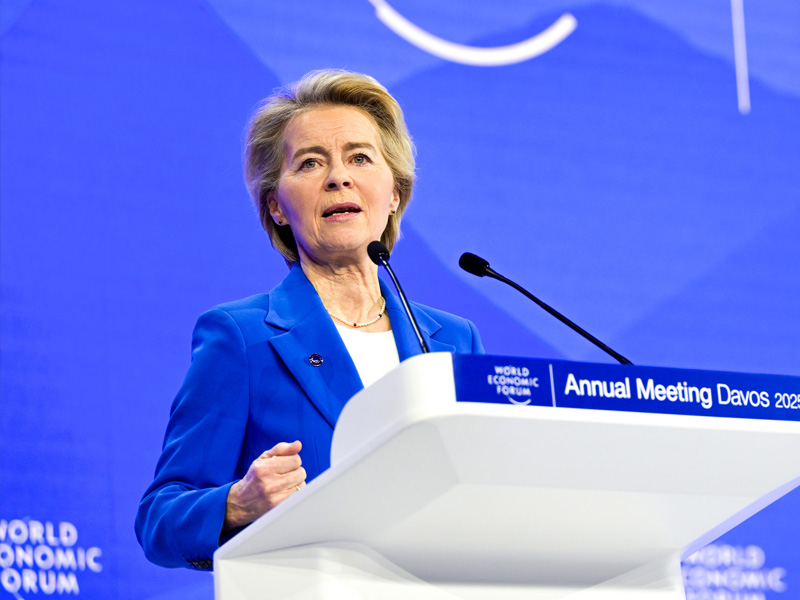In a bold statement on the changing dynamics of global power, Ursula von der Leyen, the European Commission President, addressed the shifting landscape of international relations, emphasising Europe’s readiness to adapt and engage with the world in a new, more inclusive way.
Speaking to the global stage, von der Leyen acknowledged that “the rules of engagement between global powers are changing,” but reassured that the European Union is prepared to navigate this evolving reality.
“While some in Europe may not like this new reality, we are ready to deal with it,” she said. “Our values do not change. But to defend these values in a changing world, we must change the way we act.”
Her remarks came at a time when the international order is being redefined by shifting alliances and emerging global challenges.
“We must look for new opportunities wherever they arise,” von der Leyen continued, calling for Europe to engage beyond traditional blocs and taboos.
“This is the moment to engage beyond blocs and taboos. And Europe is ready for change.”
In a world where the competitive race for artificial intelligence (AI) and clean technologies is accelerating, von der Leyen made it clear that Europe sees these as opportunities, not threats.
“On challenges like these, we are not in a race against each other, but we are in a race against time,” she stated, stressing the need for collaboration despite fierce competition. “Even in a moment of harsh competition, we need to join forces.”
She further emphasised Europe’s commitment to cooperation, not just with its traditional allies, but with any country that shares mutual interests.
“Our message to the world is simple: if there are mutual benefits in sight, we are ready to engage with you,” she affirmed.
“If you want to upgrade your clean tech industries, if you want to upscale your digital infrastructure – Europe is open for business.”
The EU has already made significant strides in strengthening its global partnerships. Von der Leyen pointed to recent agreements with Switzerland, Mercosur, and Mexico, which will soon see 400 million Latin Americans engaging in privileged partnerships with 450 million Europeans. These partnerships, she noted, had been in the works for years, even decades, but are now coming to fruition.
“Why are they all happening today?” she asked rhetorically.
“It is not only because Europe is a large and attractive market. But because with Europe, what you see is what you get. We play by the rules. Our deals have no hidden strings attached.”




